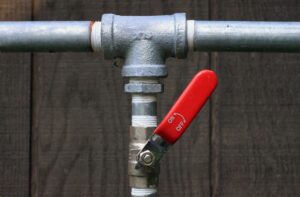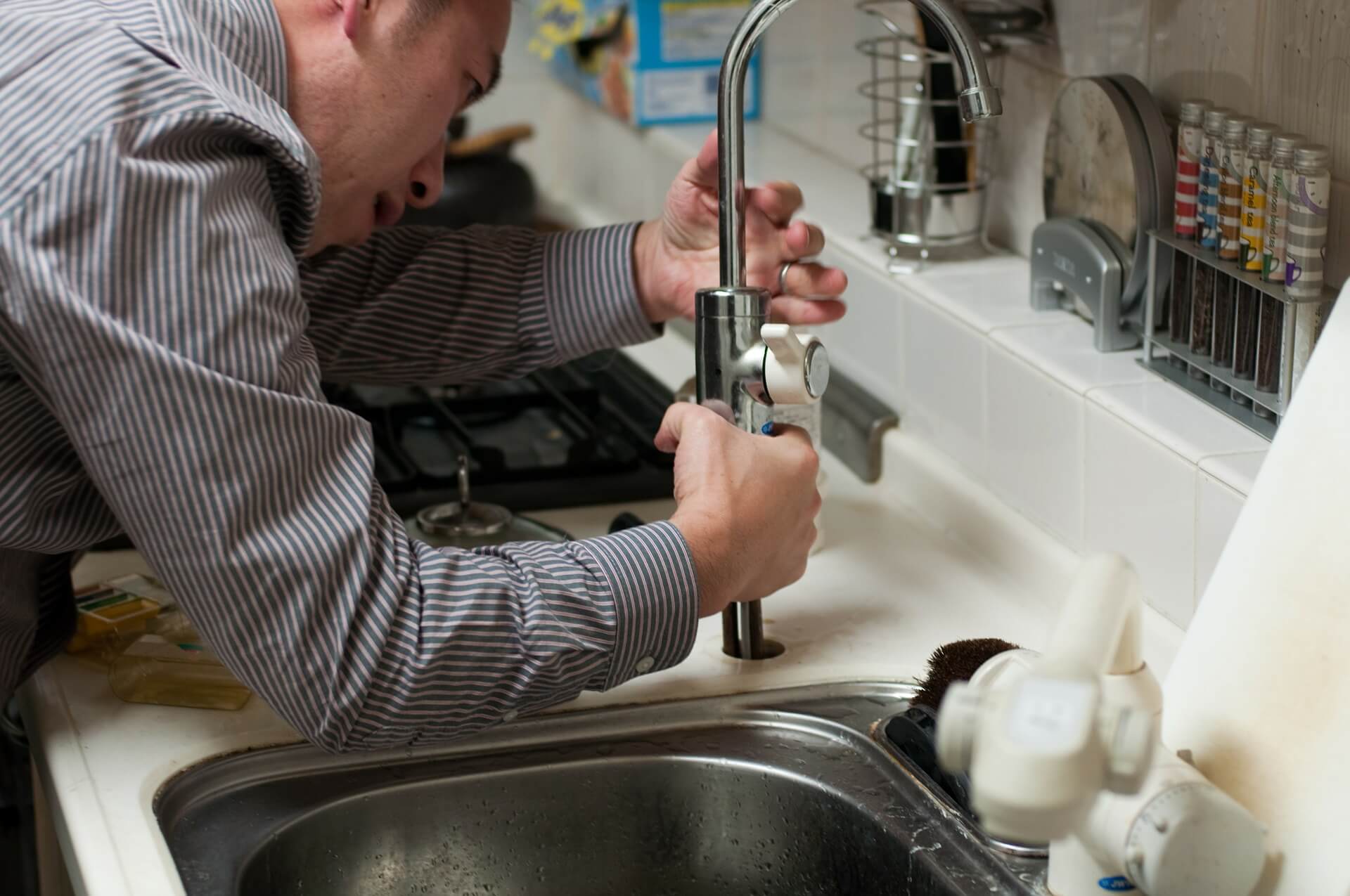

Pipes and Fittings: How Water Flows into Your Home
Water flows into your home through pipes that are held together with fittings. This network of pipes and fittings represents the infrastructure of your home or office’s plumbing system. It’s through these pipes that water reaches your sinks; your showers; and your plumbed appliances, such as your dishwasher, washing machine, and water heater. In other words, these pipes keep you and your family in the clean, fresh water that you need.
If a buildup of sediment begins to accumulate on your pipes, it can lead to decreased water pressure and to a low and/or uneven water flow. Eventually, it can even progress into a total blockage, which is especially damaging. Over time, the pipes that bring you water can wear out – or become damaged in other ways – and can have significant negative effects on your plumbing, including leaks that can cause structural damage to your home and can lead to mold and mildew problems that are not only unsightly and malodorous but are also unhealthy. Fittings that aren’t secure or that are damaged themselves can also lead to plumbing leaks. If your water isn’t flowing the way that it should or that it once did, pay attention and schedule an appointment with a reputable St. Cloud plumber.
Fixtures: Where You Use the Water
Water flows into your home, and it comes out in the faucets that are scattered throughout your house, including your sinks, toilets, showers, baths, and those appliances that use water. These are called your fixtures, and they play an important role in your plumbing system. Like the pipes that supply them with water, your fixtures can also be affected by wear and tear. Sometimes, parts deteriorate, break, or are faulty in the first place. If you notice that water is pooling around your faucet or that your faucet heads aren’t flowing like they should, have an experienced St. Cloud plumber check it out.
Your Sewer Line: The Final Destination
The water that flow into your home flows out through drainage pipes that ultimately lead to your sewer line, which connects your home’s plumbing to St. Cloud’s sewer mane. If you have a problem with your sewer line, you likely have a serious plumbing issue that requires serious repairs that are not only expensive but are also time consuming and inconvenient. Signs that your sewer line needs attention can include wet patches in your yard, a sewage smell in or near your home, gurgling toilets, and/or backups in your drains. If you experience any of these issues, you need a professional plumber stat.
Like anything else, the pipes in your sewer line can become worn and damaged over time. Further, these pipes can be invaded by tree roots that eventually form a root ball that can cause a partial or complete blockage. Don’t wait until you have a St Cloud Plumbing emergency to call in the professionals; know the signs that are indicative of sewer-line plumbing problems, and act quickly.
Regular Maintenance Is Key
Your plumbing is critical to your home and office, and it’s important to pay attention to any issues that may be brewing. Scheduling regular maintenance with a skilled St. Cloud plumber can help keep your plumbing running smoothly and consistently. An experienced plumber has the skill, the knowhow, and the professional equipment to assess the condition of your pipes, fixtures, and sewer line – and will take appropriate action before further damage occurs. Catching plumbing problems before they morph into plumbing emergencies is always the best option.
If You Have a St Cloud Plumbing Problem, Call A Professional From Neighborhood.
If you have an issue with your plumbing or are interested in scheduling an appointment for maintenance, the skilled plumbers at Neighborhood Plumbing, Heating, Air Conditioning, and Electrical are here to help. Our dedicated plumbing professionals have been providing St. Cloud with quality professional plumbing and heating services for over 60 years. We’re available 24 hours a day, 7 days a week, so please contact or call us at 800-570-4328 today.




